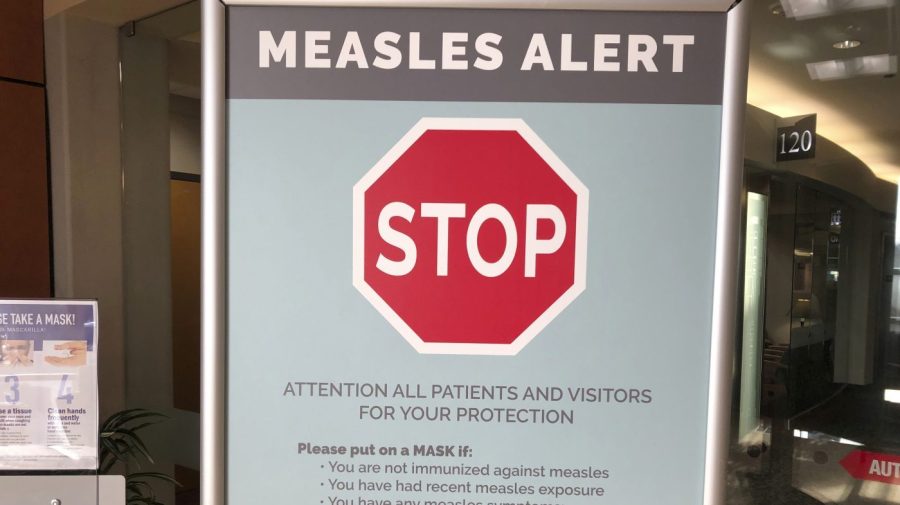A new poll shows few Americans say the Trump administration is handling the measles outbreak responsibly.
The Reuters/Ipsos survey measured 31 percent of respondents as saying the Trump administration is handling the outbreak responsibly, while 40 percent disagree and 29 percent were unsure or have no opinion.
Officials have reported over 1,000 cases of measles this year, which triples the total seen in 2024.
Thirty states have recorded cases and 11 have confirmed official outbreaks for the first time in over a decade, threatening the United States measles elimination status declared in 2000 due to vaccinations.
The measles, mumps and rubella vaccine prevents 97 percent of cases, according to the Centers for Disease Control and Prevention.
According to the Reuters/Ipsos poll, 86 percent of participants said the immunization was safe for children while 13 percent of respondents said the vaccine was not safe for kids. Both reflect an small uptick from the same poll in May 2020.
However, 32 percent of poll respondents said they thought the current administration would stop the measles outbreak from spreading and becoming a common illness again.
Health and Human Services Secretary Robert F. Kennedy Jr. has protested vaccine usage in the past and his Cabinet level position has influenced the public’s leeriness for vaccines. He ousted the Food and Drug Administration’s (FDA) vaccine chief last month.
Kennedy has also refused to acknowledge the scientific consensus that childhood vaccines do not cause autism.
“I do feel a bit better knowing that the public is recognizing that a lot of the information they’re seeing right now from the administration is not accurate,” Dr. Sean O’Leary, chair of the Infectious Diseases Committee of the American Academy of Pediatrics told Reuters.
A White House spokesperson said Kennedy is in support of immunizations and said he has plans to launch a $500 million “ambitious universal vaccine project.”
The Reuters/Ipsos poll, which closed Tuesday, surveyed 1,163 U.S. adults nationwide and had a margin of error of 3 percentage points.

